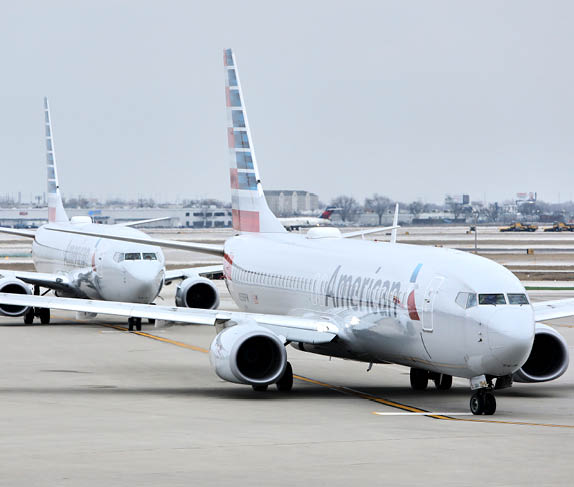Kroll Bond Rating Agency (KBRA) has commented in a research note that the fate of aircraft trapped in Russia are unclear but dim as the deadline to repossess aircraft hurtled closer.
KBRA says that the “recovery prospects for the aircraft are unclear, and the level of potential impairments and their timing are difficult to gauge”. The research note sets out the many difficulties for all operators of the leased aircraft. Those airlines that wish to continue to pay their leases are able to transfer funds to Western banks but those banks are unable to accept payments from Russian entities. For those wishing to hand back aircraft, Russian airspace has been closed.
KBRA refers to the maintenance reserves and security deposits (typically 1-4 months of rent) held by lessors on their aircraft leased in Russia, which should help alleviate some of the initial pain from potential missed rent payments, but sheds some doubt over the likely payout by insurance companies if lessors claim against total loss contracts since the size of the total loss for the 500+ aircraft will be significant and so challenges by insurers. KBRA also notes that there will be an additional complication for insurance claims since the EU requires lessors to terminate their leases with Russian airlines by March 28, 2022, which could also complicate the validity of insurance policies after that date.
Aircraft maintenance records are also highlighted since the “longer the aircraft remain in Russia without access to such records, the worse the impact is on the value of those aircraft”, while Western sanctions prevent manufacturers from exporting spare parts and other components (required for airworthiness and safety) to Russia, “the prospects of value retention for such aircraft are increasingly in doubt”.
KBRA states that it is “closely monitoring further developments in Russia and are frequently speaking to aircraft leasing companies as they navigate the complexities of recovering their aircraft or seeking compensation for them via insurance or other sources which may include government resources”.

